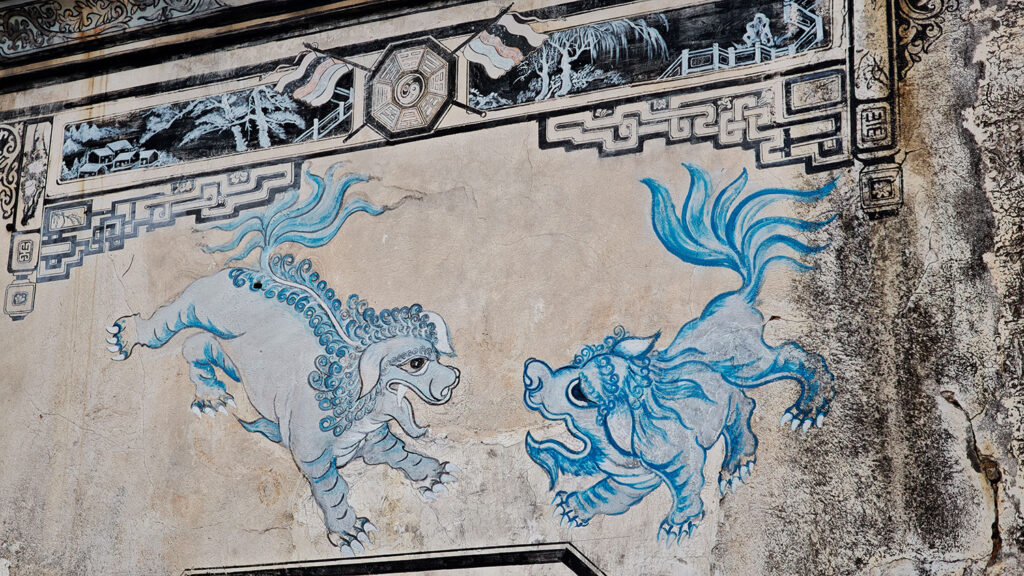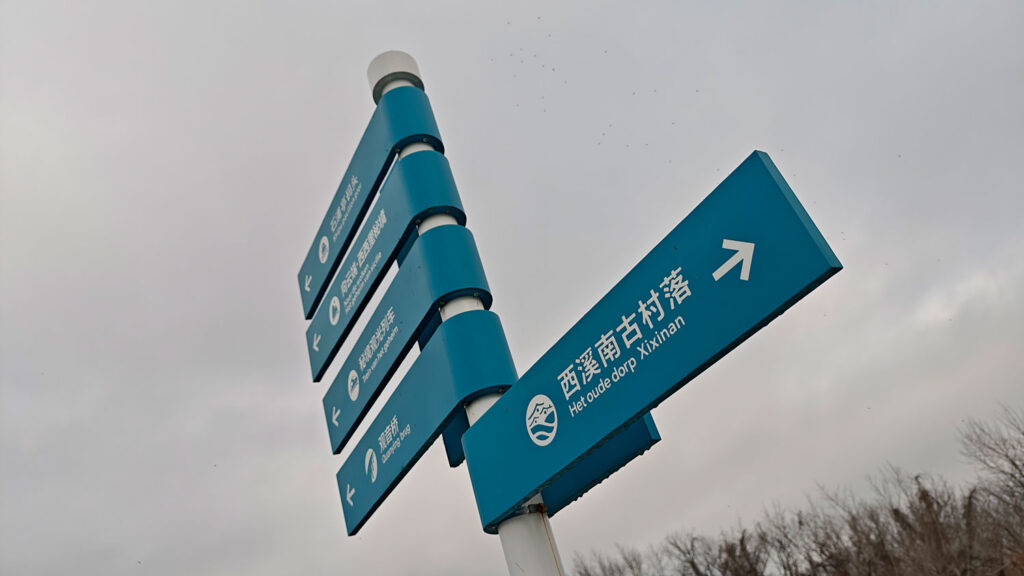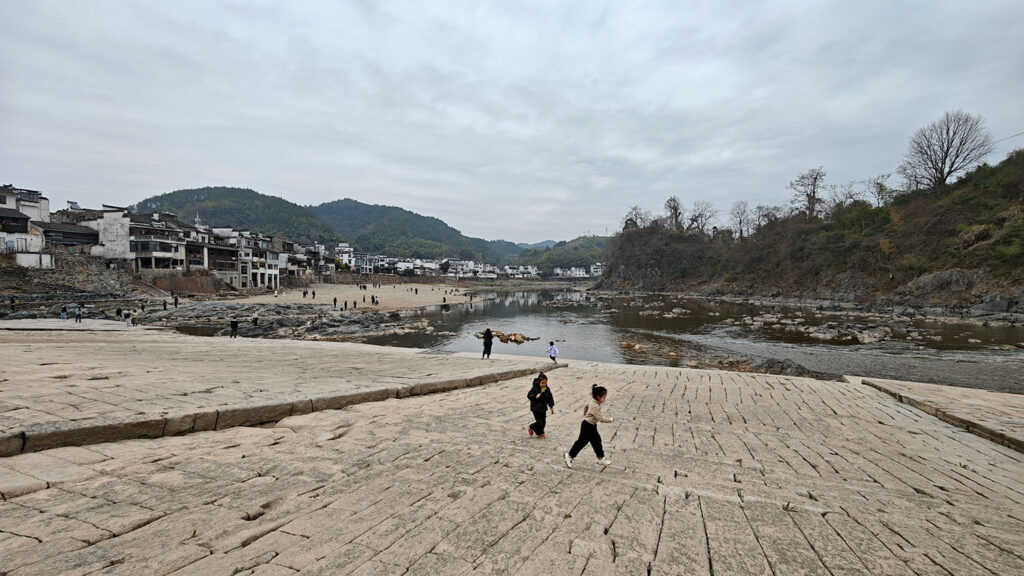There’s this story about a Russian astronaut, the first man to ever go into space. After launching, he’s totally alone in his huge spaceship, of which only a very tiny cabine is habitable. He’s looking at the curvature of Earth, the first ever to look at his home planet. He’s lost in that moment, thinking about life in the void of outer space. And then, a strange ticking starts. Tick… tick… tick… Every few seconds. It’s coming from one of the panels, one of the dashboards. He takes a screwdriver and opens a panel to see where it is, what is, to try and find the sound to make it stop. But he can’t find it, and cannot stop the sound. Tick… tick… tick… He figures it’ll go over, but a few hours on, the ticking still continues. It’s starting to drive him mad. He’s in space alone, in a tiny capsule, with twenty days left in his mission. The ticking continues. Tick… tick… tick… A few days go by, and he knows that this sound will break him if he doesn’t find a solution quickly. Tick… tick… tick… But then, the astronaut decides that his only hope is to simply… fall in love with the sound. So he closes his eyes, goes into imagination — and opens the sound again. He doesn’t hear the ticking anymore, but he hears beautiful music. And from then on, he’s sailing through space in total bliss, and peace.
The above scene about Yuri Gagarin, without mentioning him, is from the 2011 movie Another Earth. And whether it’s true or fictional, it’s an effective anecdote about choosing not just your emotions but also changing the outcome — and it’s applicable in so many places.
For example. Sometimes I’m forced to walk home because my bike has a flat tire. At first I’m grumpy. I’m thinking about the lost time, cursing the possible problem. Did someone throw a beer bottle on the street, and I cycled over the splintered glass? My blood is boiling. If only that person hadn’t thrown that bottle on the street, it would have saved me so much time. In a way, the situation has hurt me twice now. First I lose time, secondly I lose my temper. Then I realise I can in fact choose how to respond to the situation. I can accept it as a new reality, and I start to look around and see the city from a walking perspective, and overhear the conversations from people around me. I remind myself walking is healthy. I can use this time to think about projects at work, or contemplating life. When I’m home and I’m patching the tyre, I can be glad I’m doing something with my hands, because I don’t have a manual labour job — for which I’m grateful, but sometimes I miss it. When I fix the tyre and finally the air stays inside it, I can feel proud. Suddenly, having had a flat tire wasn’t so bad.
If, for instance, at work a collaboration with a client is problematic, I can become frustrated and complain about it. And perhaps I’d be right in complaining. But I could also choose to accept the new outcome as a new reality, a new baseline to move from. I can make the most of the situation by looking at the client’s needs and worries, and start to solve the problem.
Complaining, stress, sadness, and frustration definitely have a place in life — and it’s no solution to aim for ‘happiness’ or ignorant bliss all the time. Yet it’s an extremely simple and effective tool to choose how you will deal with the situation and let your emotions follow, rather than have the situation get the better of you and be dictated by your emotions.
Stress and unhappiness don’t come from the inherent nature of life, but from how we respond to it. And even if that wouldn’t be true, even if, it would still be good advice to live your life that way.




